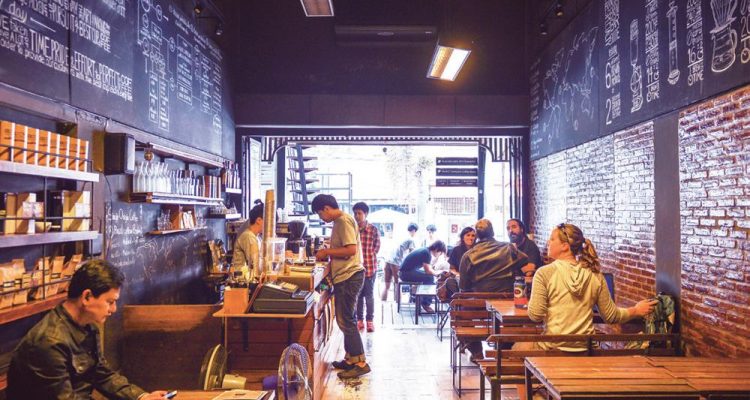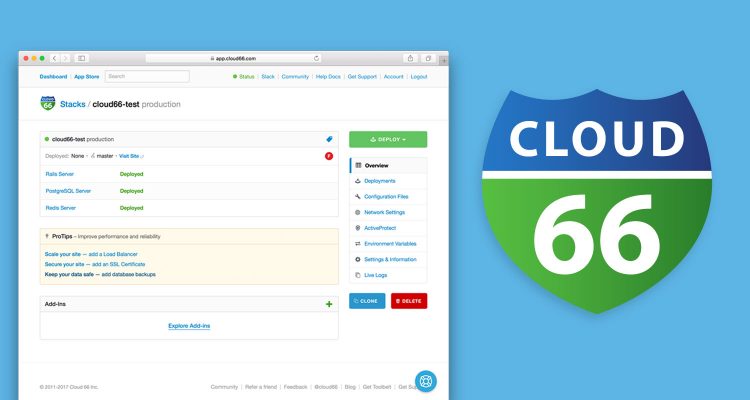Nostalgia for the golden age of the Mac desktop platform
In 2009 I got my first Mac laptop. I had been running Mandriva Linux on a beat up HP Pavillion through the first two years of my computer science program, and the week it finally died on me a Gizmodo “Dealzmodo” post advertised a liquidation of last-generation 15 inch Macbook Pros by a reseller. I got my Mac and promptly discovered the unprecedented ecosystem of fantastic, passionately-crafted desktop software built for the platform by small, independent software houses. In retrospect I’ve come to believe that the period from around 2005 to perhaps 2010 was truly the golden era of desktop Mac applications.














